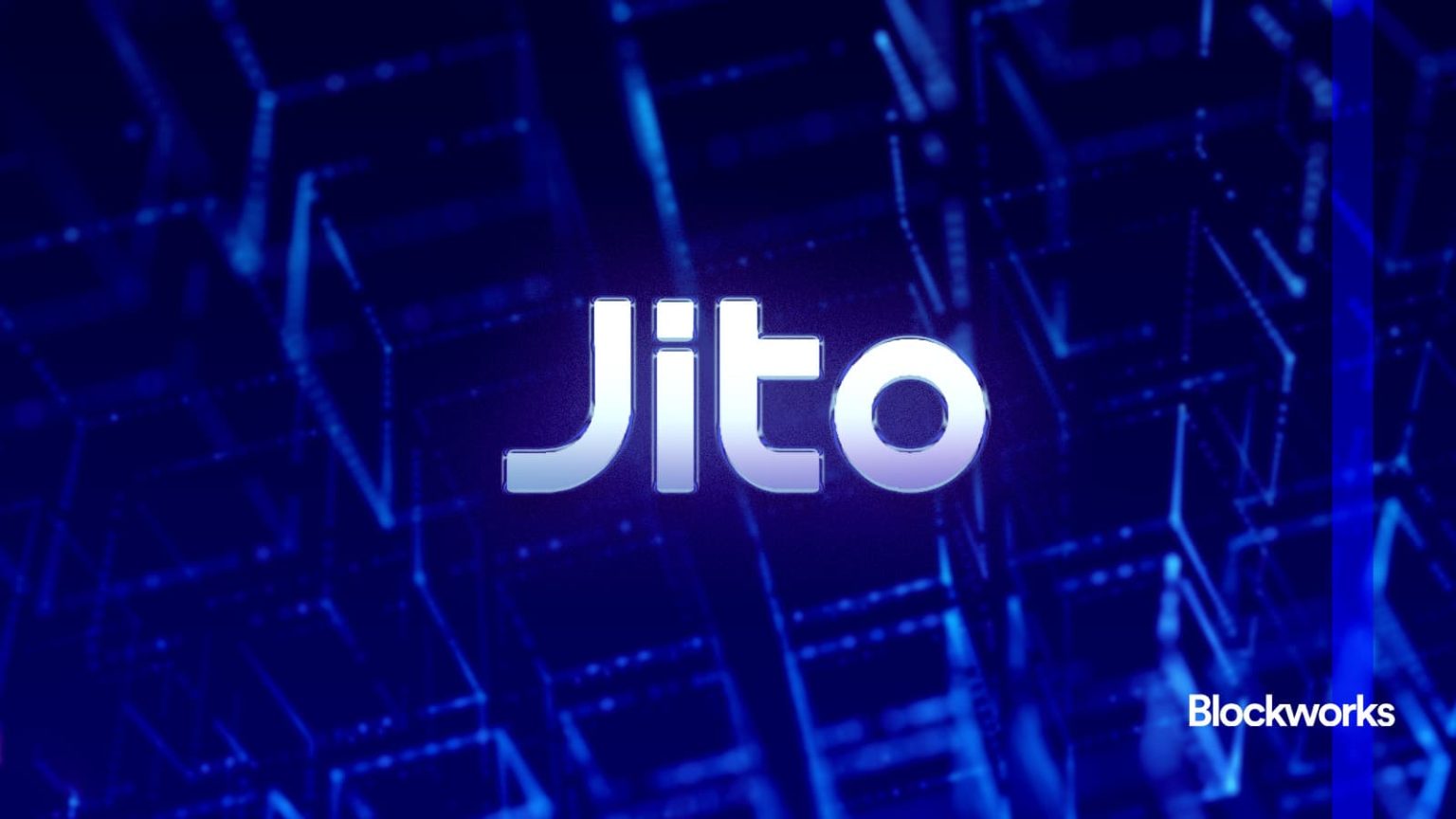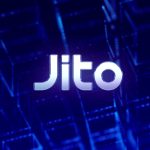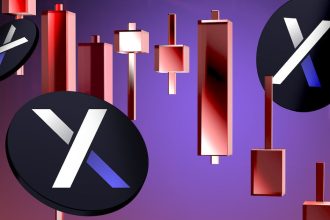Jito Introduces Major Block Building Platform Upgrade for Solana
Lightspeed has obtained exclusive confirmation that Jito is launching a significant upgrade to Solana’s block building mechanism.
Led by validator Jito Labs—accounting for 87% of Solana’s stake—this new platform, called the Block Assembly Marketplace (BAM), aims to overhaul how transactions are ordered and prioritized on the network.
The current Jito block engine, which functions as an off-chain transaction auction, is highly profitable, generating an estimated $25 million in commission revenue during Q4 2024 alone. BAM is designed to build upon this model.
Decentralization and Enhanced Security
BAM will utilize a network of nodes operating within Trusted Execution Environments (TEEs) to order transactions privately before submitting them to Jito validators. This aims to mitigate manipulative Exchange-Traded Fungibility (MEV) strategies by keeping transaction flow confidential until execution.
On-chain attestations will certify the order of transactions, creating a verifiable record and audit trail.
Expanding the Ecosystem
Jito Labs CEO Lucas Bruder indicates that the upgrade stems from a desire to increase transparency on Solana’s often opaque market structure and respond to industry trends. Initially operated by Jito itself, BAM nodes are planned to increase to 50-100 nodes by 2025. Crucially, Jito aims to open-source the BAM software later this year.
BAM introduces “Plugins,” allowing applications and traders to implement custom transaction sequencing logic. This includes potential features like taker speed bumps, similar to those seen in other derivatives exchanges. Furthermore, apps can monetize Plugin functionality, with revenue potentially shared among developers, validators, and the Jito DAO.
Bruder hopes for a positive feedback loop where participating apps generate additional value, supporting broader token appreciation on Solana, describing it as a potential “DeFi repricing event.”
This BAM upgrade marks a pivotal shift for Jito, representing the platform’s most comprehensive development and reinforcing its central role in Solana’s infrastructure.
Truding its centralized validation power to a form of self-decentralization,” Bruder explained, framing BAM as using core learnings from operating Solana infrastructure to “create enormous value for the Solana network and its applications.”











